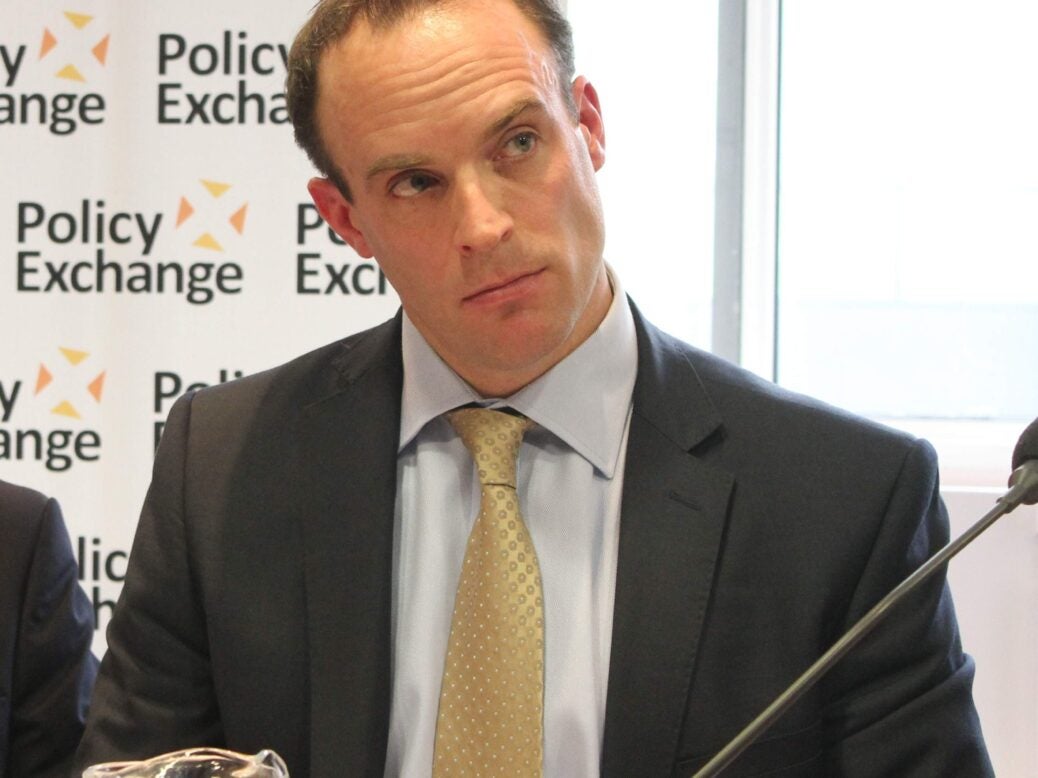
The foreign secretary’s promised law for those responsible for human rights abuses should be accompanied by an efficient enforcement mechanism, writes Stephen Baker
During the UK Conservative Party Conference in September 2019, foreign secretary Dominic Raab said that Britain will introduce laws ‘after it leaves the European Union’ to freeze assets of those deemed responsible for human rights abuses.
It is difficult to know how the plans mentioned by Dominic Raab will add to, or differ from, the so-called Magnitsky amendment made in 2018 to the UK Sanctions and Anti-Money Laundering Act. That amendment already gives the government the power to impose sanctions – classically visa and asset blocking – on people who commit gross human rights violations. On this, Dominic Raab is yet to give any further details of the government’s plans.
We must recall that although its reach was subsequently extended, the Russia and Moldova Jackson–Vanik Repeal and Sergei Magnitsky Rule of Law Accountability Act of 2012 – yes, the U.S. ‘Magnitsky Act’ – was originally directed against a small and identifiable group of people, namely the Russian officials responsible for the death of Russian tax lawyer Sergei Magnitsky in a Moscow prison in 2009.
Magnitsky uncovered the largest tax fraud in Russian history, had the tables turned on him by the officials implicated in the fraud, was charged with the very fraud that he had uncovered and reported, and later died from the torture and withholding of medical treatment which he suffered in jail. The U.S. Act brought in sanctions based on travel and finance restrictions against those responsible.
While the idea of the Magnitsky Act originated in the U.S., in recent years several other states have followed and introduced their own legislative framework to impose sanctions upon grave human rights abusers, including Canada, Estonia, Latvia, Lithuania and indeed the United Kingdom.
For statutory sanctions to do any good they need to be accompanied by an efficient enforcement mechanism. One of the noteworthy proposals for the EU sanction regime was introduced by a powerful steering group which included the European Stability Initiative, and the Norwegian Helsinki Committee. The group prepared an action plan on how to ensure that the Magnitsky Act had some bite.
The idea is for EU member states to establish an independent human rights entry ban commission, whose remit would be to identify the most notorious human rights violators, whom the EU should consider for admission bans. The creation of such a remit would provide a focus independent of political will.
If the Raab remarks signal possible alignment with the findings of such a commission, they are to be welcomed, whatever the status of the UK vis a vis the EU. Such alignment would be a natural fit for the UK’s long-established position as a champion of the rule of law and human rights.
As to Jersey, and no doubt the other Crown Dependencies, it is more than likely that they would wish to be associated with a unified approach to sanctions of the sort under discussion through the work and findings of a credible and independent commission.
While such a change to the law would extend the remit of the state in terms of admission bans and asset freezes, all indications point to the idea that this extension would only concern malicious actors deemed to be responsible for human rights abuses.
Stephen Baker is a senior partner at Baker & Partners






